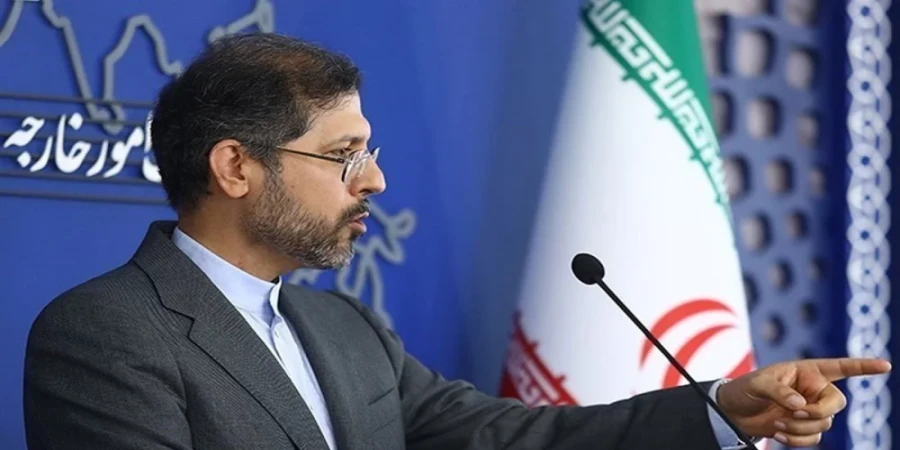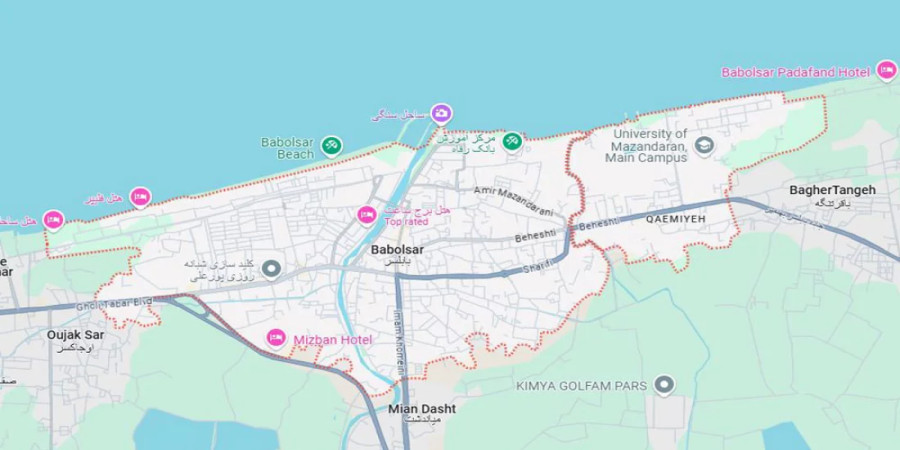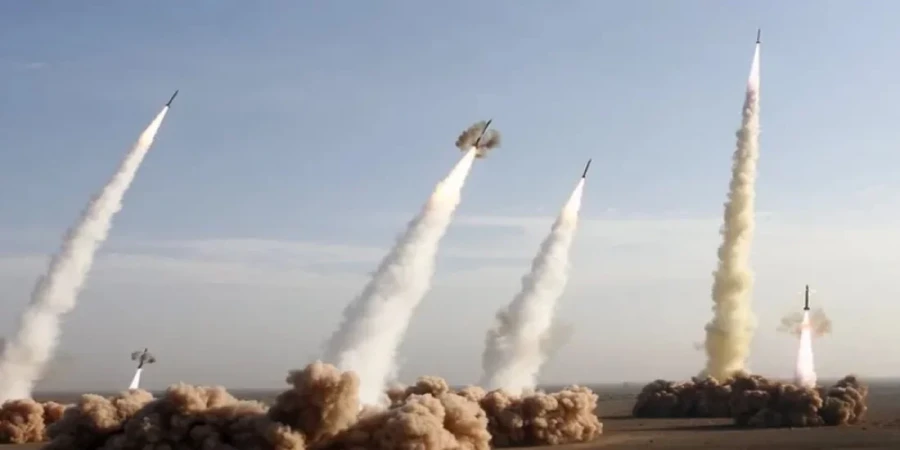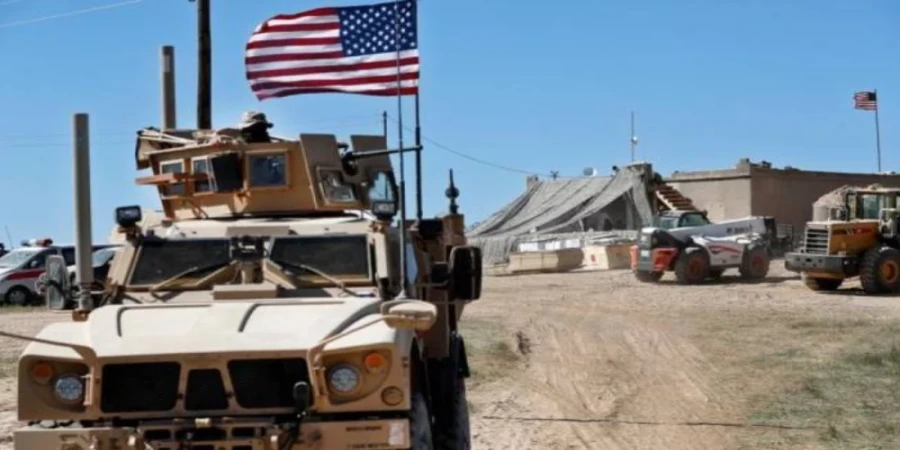
ছবি: Photo: Collected
Tehran Prepares to File Formal UN Complaint, Asserts Its Strong Resistance Against Israeli and U.S. Aggression
Iran has officially demanded compensation from the United States for damages caused by recent attacks on its nuclear facilities. The country’s Deputy Foreign Minister, Saeed Khatibzadeh, announced Tehran's plans to lodge a formal complaint against Washington at the United Nations, holding the U.S. accountable for its military strikes.
In an exclusive interview with Al Mayadeen TV, Khatibzadeh detailed the extent of the damage inflicted by the U.S. actions, emphasizing that multiple Iranian installations were targeted and harmed during the course of the conflict. “The United States must provide compensation for the damage caused by its attacks,” he said.
According to Khatibzadeh, the hostilities began on June 13, when Israel launched a series of aggressive operations against Iran. Over a period of twelve consecutive days, Israeli forces targeted military, nuclear, and residential areas within Iranian territory. On June 22, the United States directly intervened by striking three critical Iranian nuclear sites located in Natanz, Fordow, and Isfahan.
Despite the escalating aggression, Iran demonstrated strong resistance. The Islamic Revolutionary Guard Corps (IRGC) Aerospace Force, under the codename Operation “True Promise-3,” retaliated by launching 22 missile strikes on Israeli-occupied territories. These counterattacks inflicted significant damage, according to Iranian sources.
Following intense clashes, a temporary ceasefire was established on June 24. Khatibzadeh revealed that it was initially the United States that approached Tehran with a message to halt the fighting.
He highlighted the role of the Iranian people in resisting the aggression, stating, “The Iranian nation’s resistance forced Israel to stop its invasion and secured a victory of their willpower.” This steadfast opposition, he argued, shaped the conditions for the ceasefire.
Tehran made it clear through various channels that any decision regarding the ceasefire must come only after the cessation of hostilities by the aggressors. Khatibzadeh stressed that Iran did not sign any written agreements or conditional deals with Israel. Instead, the situation resolved itself as Israel ceased its attacks, and Iran refrained from launching further retaliatory strikes.
The recent conflict marks a significant escalation in tensions between Iran, Israel, and the United States, particularly concerning Iran’s nuclear program. With Tehran now preparing to bring the issue to the United Nations, the international community watches closely as diplomatic and legal maneuvers unfold in the aftermath of the violence.
repoter





